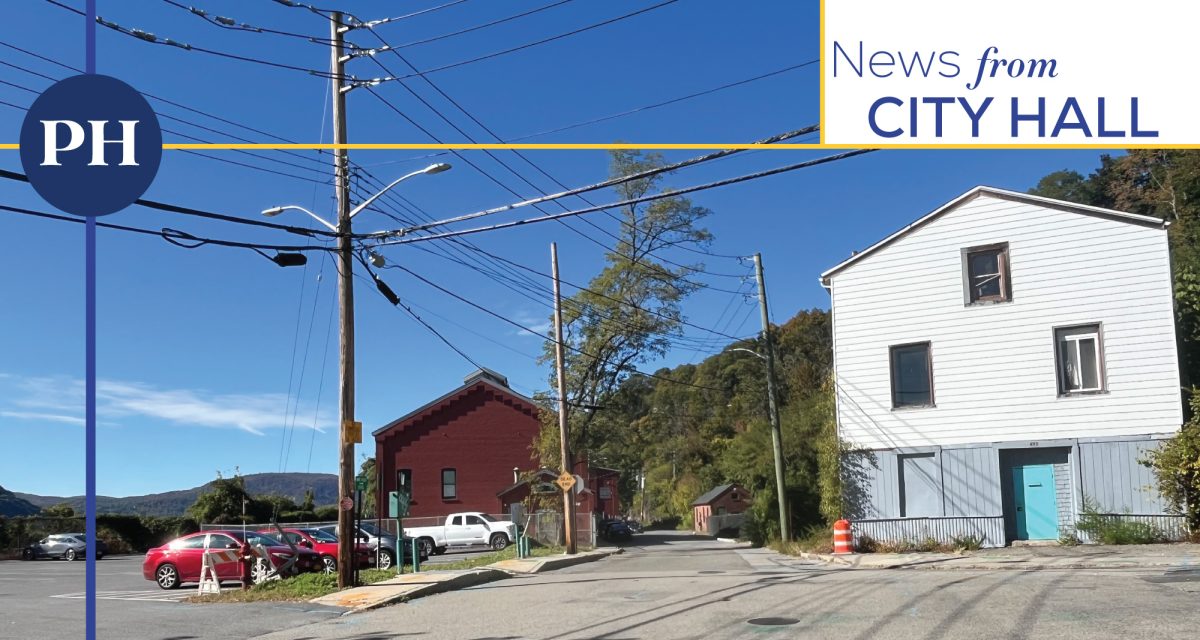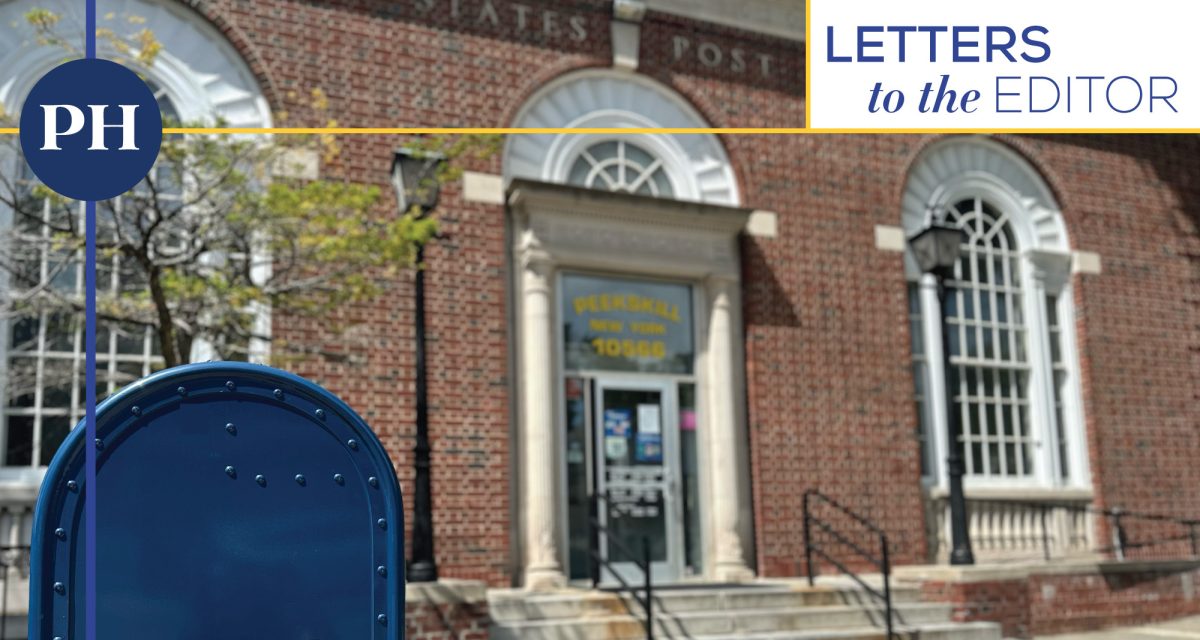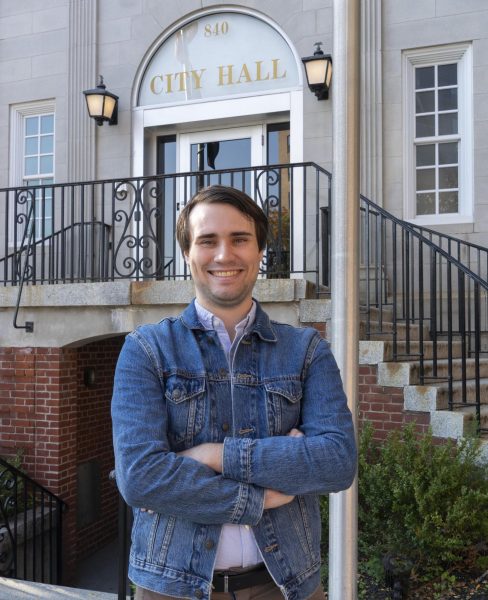The budding cannabis dispensaries in the City of Peekskill may have room to blossom, but it is too soon to say.
During a first-quarter 2025 budget review at the April 21 Committee of the Whole, Comptroller Toni Tracy said that first-quarter tax revenue from cannabis sales was lower than expected, and therefore estimated the total yearly tax revenue will also be lower than anticipated.
For 2025, she projected a shortage of about $422,000, indicating a decrease of nearly 77 percent, with expected tax revenues going from $550,000 to about $128,000. That shortage was attributed in part due to the city’s lack of history with dispensaries.
Tracy’s presentation to the council on the dispensary tax revenues provided only the shortfall; the expected revenue was taken from last year’s budget presentation. At this writing, Tracy had not responded to a request for additional information and clarification.
Last year, the city had anticipated it would have six dispensaries selling cannabis by now. The city currently has only two dispensaries, both of which opened last summer. Four more dispensaries may open, including one approved by the Planning Commission in November.
Tracy said those additional dispensaries may bring more tax revenue in 2025, but that it is too early to tell.
Cannabis tax revenue was not the sole contributor to budget variances. The budget is still projected to have a surplus of about $760,000 by year end, but expected revenues have decreased by about $1.75 million.
Based on the first quarter, the city anticipated that in 2025, sales tax would have an expected shortage of $400,000, fire inspection fees $55,000, project management fees from the Boys & Girls Club $250,000, interest income $181,855, appropriated fund balance of $350,000, and code enforcement fines $120,000.
According to Tracy, the police regular salary budget line has a projected excess due to the department currently being understaffed. It has 56 employees instead of 62. When asked about police overtime costs because of staff shortages, Tracy noted there were likely to be excesses there, but could not verify.
“We’ve asked all the departments to really try to control their budgets as much as possible, which they have anyway, but maybe just to tighten that up a little bit so that we can move forward toward the end of the year,” Tracy said.
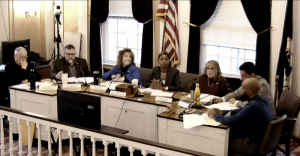
Mayor Vivian McKenzie said it was important to look at how the city’s two dispensaries are progressing before more dispensaries open.
“We already have two,” McKenzie said. “You have four, where are we putting them? And why are we going to bring them in if the ones that are here are not surviving, are not doing well?”
According to Director of Planning Carol Samol, the city has permitted a dispensary at 1719 Main Street and another one planned for Highland Avenue is in the permit process.
Councilman Dwight Douglas suggested that after the city gets four dispensaries, it considers a moratorium. Councilman Robert Scott recalled being told the city could not designate a certain number of dispensaries and said he didn’t think putting more dispensaries would increase the revenue.
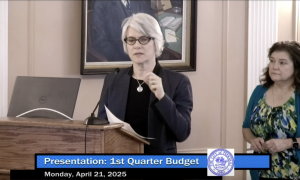
(Cities can limit the number of cannabis dispensaries only through zoning codes. For example, the Town of Cortlandt’s zoning code was specific enough that only one site met the requirements, which is where Kings House of Fire opened last June. The City of Peekskill chose not to make such stringent specifications in its zoning code, which has allowed more dispensaries to open in Peekskill.)
Samol said she would report back with more information about the revenues.
“Some of the other dispensaries have said to me, like ‘We’re all watching,’” Samol said. “They’re all watching to see how everybody’s doing because nobody wants to open a business that’s just going to fail because they don’t have the sales.”
Owners of Cloud 914 did not respond to a request for comment. One owner of Valley Greens declined to comment.
Council presented with “worst-case scenario” for future budgets
The council was also presented with a worst-case scenario for future budgets in case the city does not receive grant funding for several planned projects.
The city anticipates accruing debt in 2026 and beyond, some of which stems from an $8 million-plus capital expenses plan discussed earlier this month. Additional debt would accrue if the city does not receive funding for renovations at the Paramount Theater. (City Manager Matthew Alexander said he was told by the sustainability coordinator the city did not have a great application for a grant for Paramount Theater but did have a good application for a police station HVAC grant.)
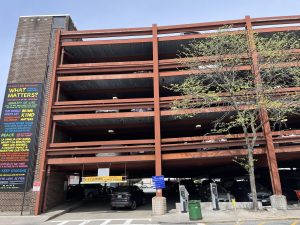
Although Peekskill was awarded a $10 million grant last year from the Mid-Hudson Momentum Award for essential infrastructure projects in support of housing, the city will be required to make significant outlays for those projects because of the grant structure. The grant requires a $10 million match from the city, and will not reimburse outlays until the projects are complete.
With the grant, the city seeks to renovate and expand the Nelson and James Street Garages, as well as make improvements to roads, sewers, and parks. The grant terms require the city to start projects within two years of being selected for funding and for those projects to be completed within six years.
Comptroller Tracy said the city would start out spending $4 million for these projects in 2026, deferring a principal payment for that year, and stagger payments beyond that. The city has also requested $1.8 million from the county to support the garage projects.
McKenzie said, “Without a magic ball, this is the worst-case scenario, and [we’re] letting the public know that this is where we could be. [We’re] anticipating getting money back from some of these grants and funding, but this is where we could be in [2026, 2027] until this money starts to roll in.”
Department of Public Works provides info on $2.5 million funds request

After a request from McKenzie on April 7, Director of Public Works Christopher Gross provided more information on his department’s request of about $2.5 million for equipment and vehicles. Two 20-year-old dump trucks, which have less than 30,000 miles on them, need to be replaced in part due to being subjected to corrosion from deicing salt.
Gross said while alternative products to salt are less destructive, salt is the most effective thing they can use during the winter. The city has a process to wash trucks but does not have a formal truck wash bay. Gross said they could look into the product the department currently uses for washing trucks and see if there is a better product.
The salt currently used by the city for deicing is corrosive, to equipment and to the roads. After the ice melts, the chlorine ions freed from salt crystals can affect local ecosystems and water.
A more environmentally friendly alternative to salt is calcium magnesium acetate, which is less corrosive and reduces risk of contaminating groundwater, but can be more expensive than typical rock salt. Another option is curved shovels, which can lift more snow and can reduce damage to roads.
In an email to the Peekskill Herald, Alexander noted the city might consider using calcium magnesium acetate, but has concerns about a different shovel blade’s ability to fully scrape the road of snow. He said all the city’s salt spreaders have been converted to stainless steel, which does not rust.
Proposed auto repair facility comes with questions of congestion
A special permit application for an auto repair facility received some concerns from the council regarding congestion and pollution.
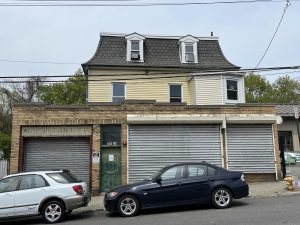
The Common Council received an application from Uyaguari’s LLC for a special permit, a Zoning Board of Appeals parking variance, and Planning Commission site plan review to permit an auto repair facility at 614 South Street.
The project seeks to renovate an existing vacant first floor space into an auto repair facility, office, and retail shop. The facility would undertake smaller repairs, such as replacing spark plugs and mufflers, noted Samol.
According to a memo from the Department of Planning and Development, a residential apartment, grandfathered by previous city code, is on the second and third floor.
The lot with the existing building would be merged with two vacant adjacent lots to provide parking. Surrounding the building is a mix of auto-related businesses, retail shops, and food establishments.
In total, the facility requires 20 parking spaces, four for employees, one for an operation vehicle, 12 for four service bays, and three for the retail shop. For those 20 spaces, 11 would come from the two vacant lots and nine from current public parking spaces.
Several council members shared concerns about the neighborhood losing parking spaces in an already congested area.
“We don’t want abandoned spaces,” Mayor McKenzie said. “But we also don’t want businesses that are going to bring more congestion to the area that you’re trying to improve.”
Deputy Mayor Patricia Riley said the city should consider the effect of fumes from the auto repair facility coming into those living above. Samol said that there could be a condition in the special permit pertaining to ensuring certain air circulation filtration.
On April 28, the council will vote on a resolution referring the application to the Planning Commission for recommendation, and for the commission to serve as a lead agency in the coordinated environmental review, and setting a public hearing on the special permit for May 27.
According to a flier posted on 614 South Street dated April 24, the location failed to respond to a previous request for the submission of an annual backflow prevention device test for the property and had seven days to respond before the city would turn the property’s water off.
Similar fumes concerns were brought up during discussion of a special permit application for a multi-level go-kart track.
Addressing concerns from Councilwoman Kathleen Talbot, Samol said mostly electric vehicles will be used at the go-kart facility, though they’ll sometimes have gas powered karts for shorter windows. There will also be karts for little kids and the handicapped, she said.
City selects developers for negotiations for three Riverfront properties
The City of Peekskill has selected three developers to move forward with exclusive negotiations for transit-oriented development on three city-owned surface parking lots at the waterfront.
Developers include Ginsberg Development Corporation for 305 Railroad Avenue, M Squared for 22-24 South Water Street, and Thorobird/Exact Capital for 28 South Water Street.
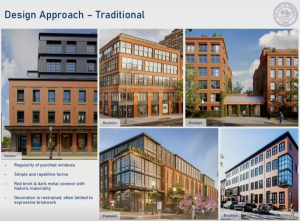
The city received seven proposals after issuing a request for expressions of interest last year. Other proposers included Hudson Hospitality Group, KMG, Kearney Group, and Monahan Development Group.
According to a memo from Samol, if a resolution is passed on April 28, the city will enter into “exclusive negotiation and license agreements with each developer for a period of nine months, subject to extension, to agree to terms for consideration of a conditional disposition of the property.”
Planner Samuel Warden-Hertz gave a presentation setting a design tone that serves as a guide and presents options for developers in reflecting the city’s history and future.
The goal is to revitalize and redevelop deteriorated and underutilized waterfront areas, facilitate mixed-use developments and promote a physical, economic and cultural link between downtown and the waterfront by encouraging infill development, landscaping, facade improvements, lighting, wayfinding signage, and developing “attractive pedestrian water and publicly-oriented space.”
City wants to redo public hearing on increased taxi fares
If you missed your chance to speak on proposed increased taxi fares last week, another opportunity is on the horizon.
If a resolution is passed on April 28, a second public hearing on taxi fares will be held on May 1. The first public hearing was held on April 14 and saw four people participate including two who asked for clarification on the senior discount. No one opposed the proposed fare increases.
Last week several taxi drivers told the Herald they supported the increase in fares, but wished for the city to do more when it came to illegal taxis who operate without licenses.
Explaining the need for a second hearing, City Manager Alexander said there was an issue with how the senior citizen fare was written as a discount. The clarified new rates for seniors now make no mention of a discount, but still reflect a lower price for seniors.
Proposed new rates for the base fare within city limits are $8 from 5 a.m. to 11:59 p.m. and $9 from 12 a.m. to 4:59 a.m.; additional passenger fees are $2 per person. For senior citizens traveling within city limits, fares are $6 from 5 a.m. to 11:59 p.m. and $7 from 12 a.m. to 4:59 a.m.




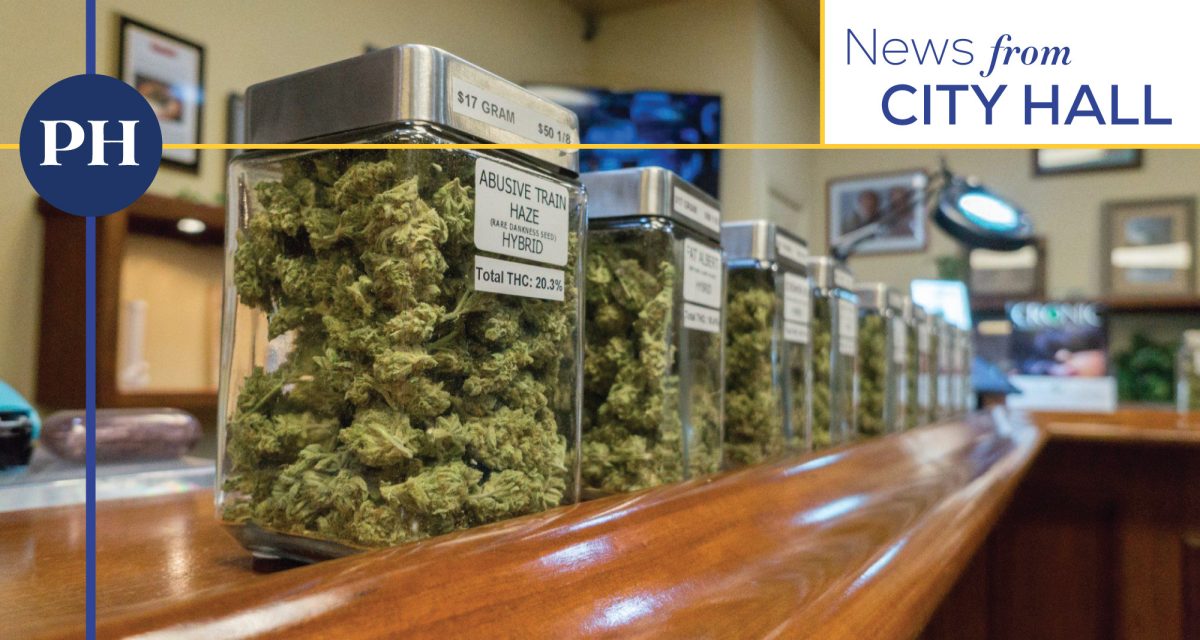

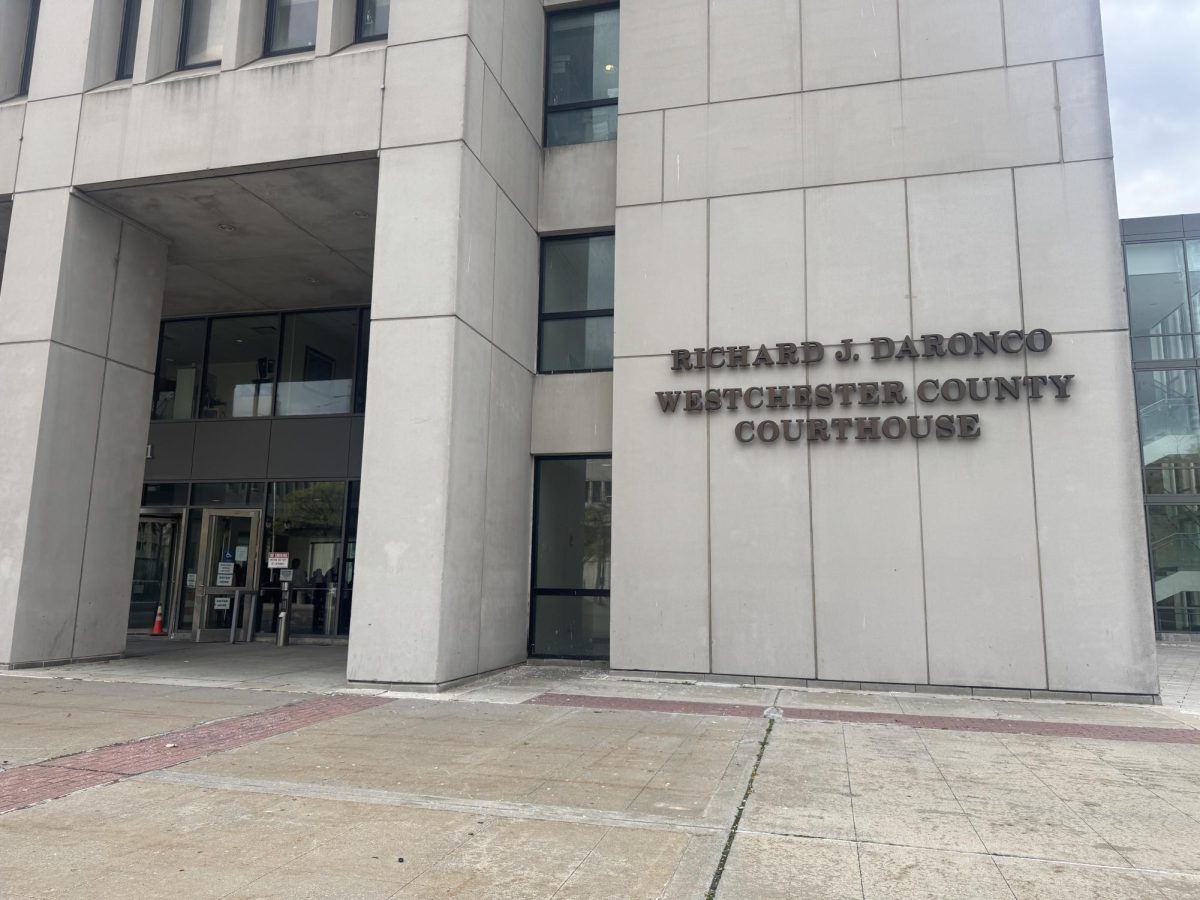


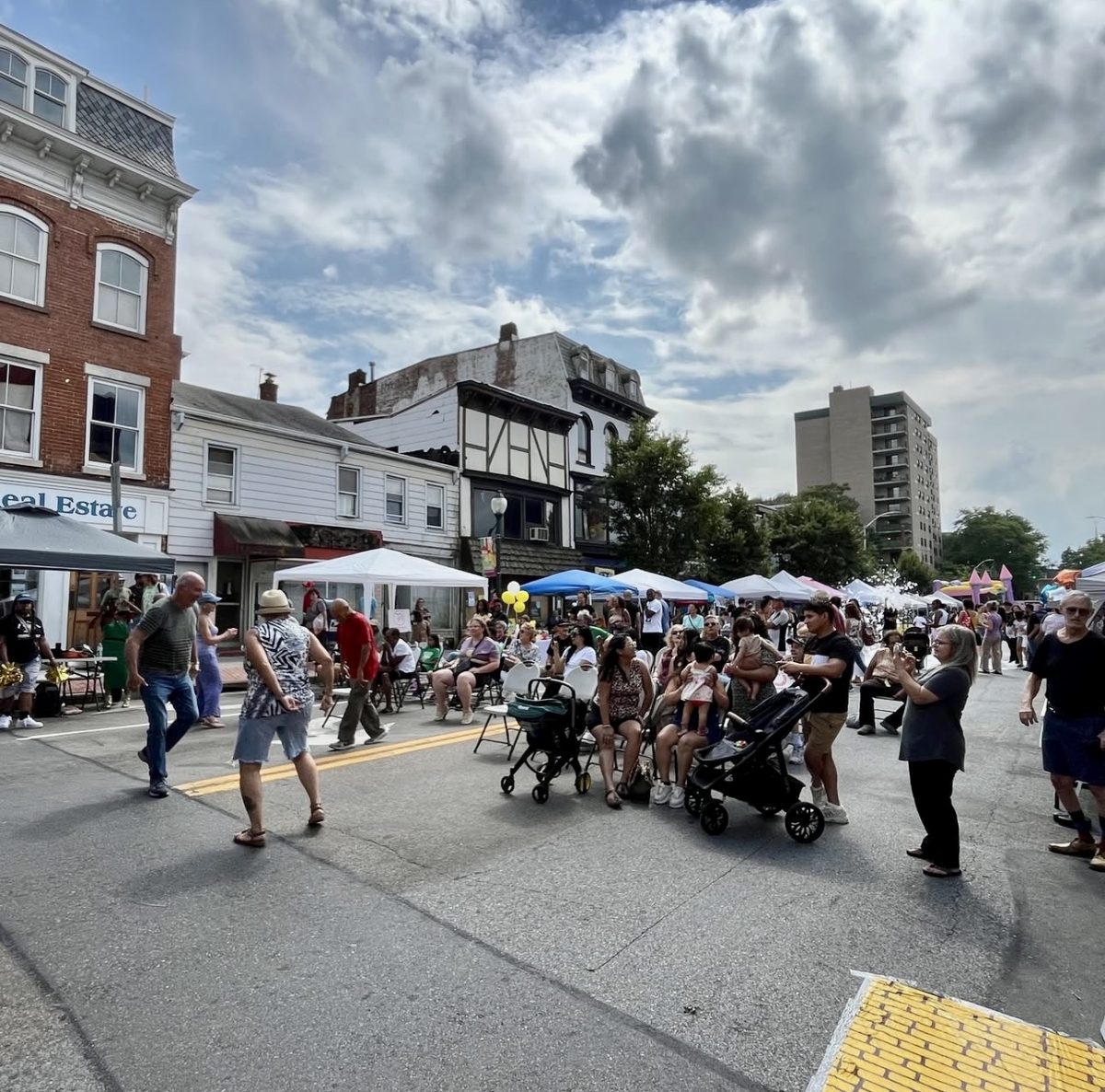

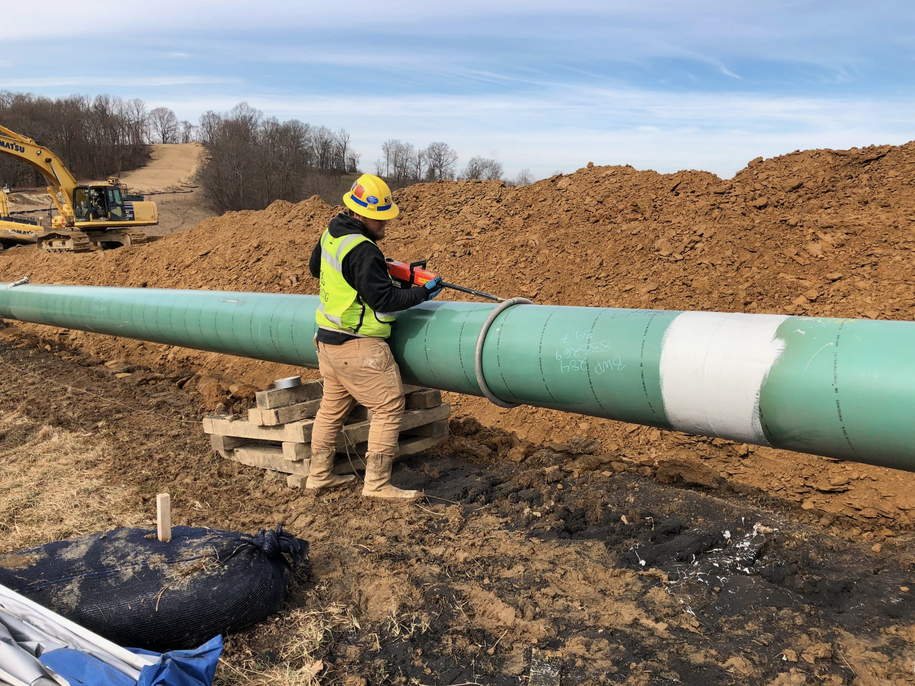


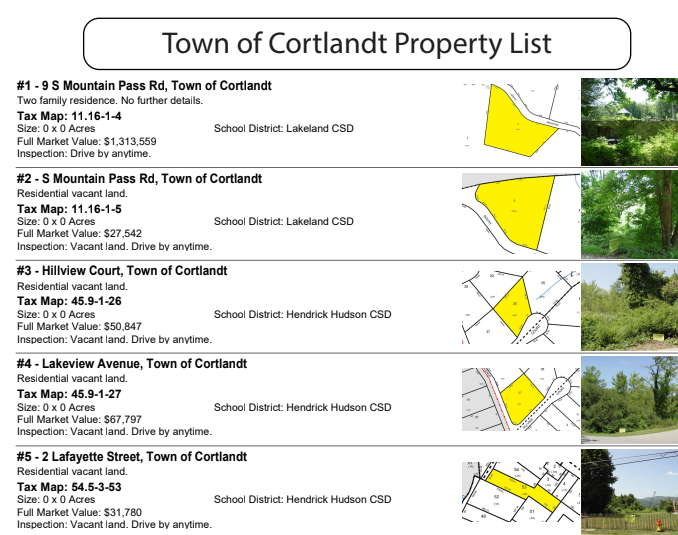
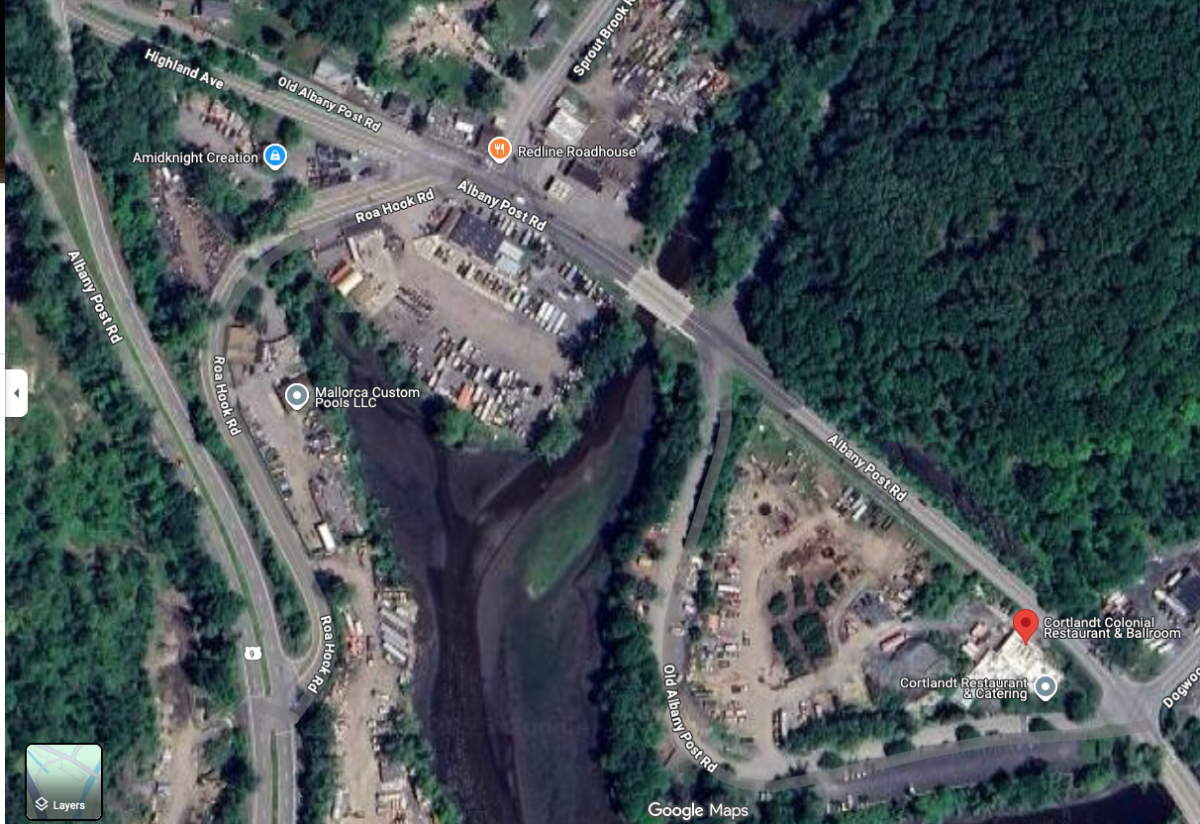
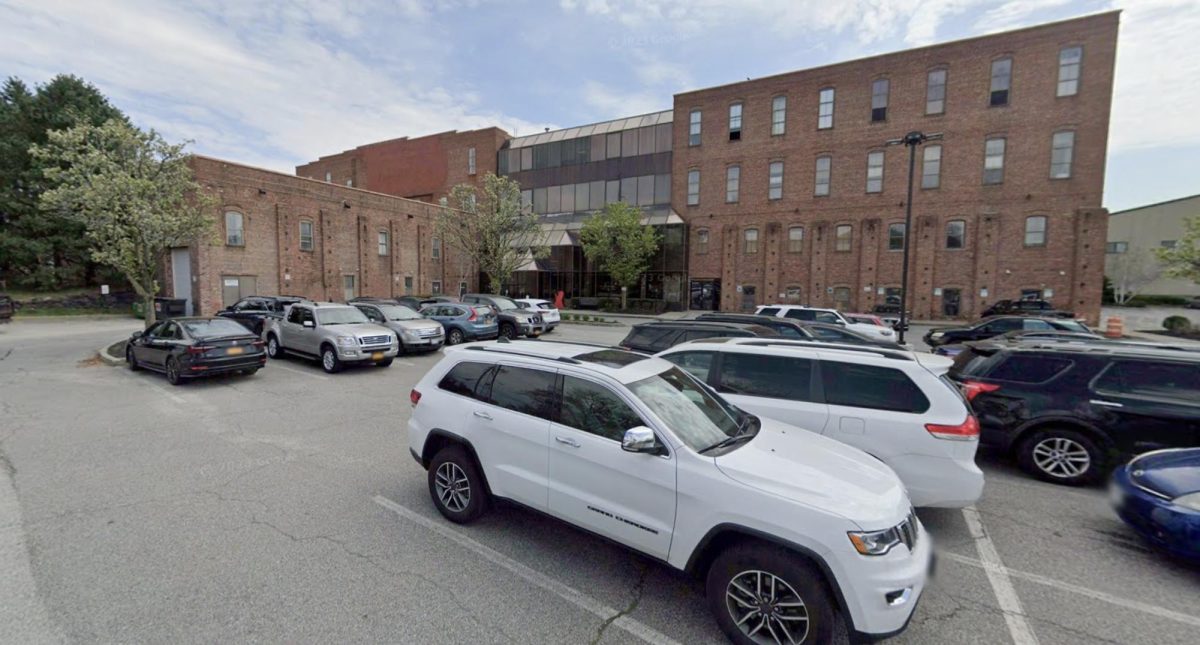
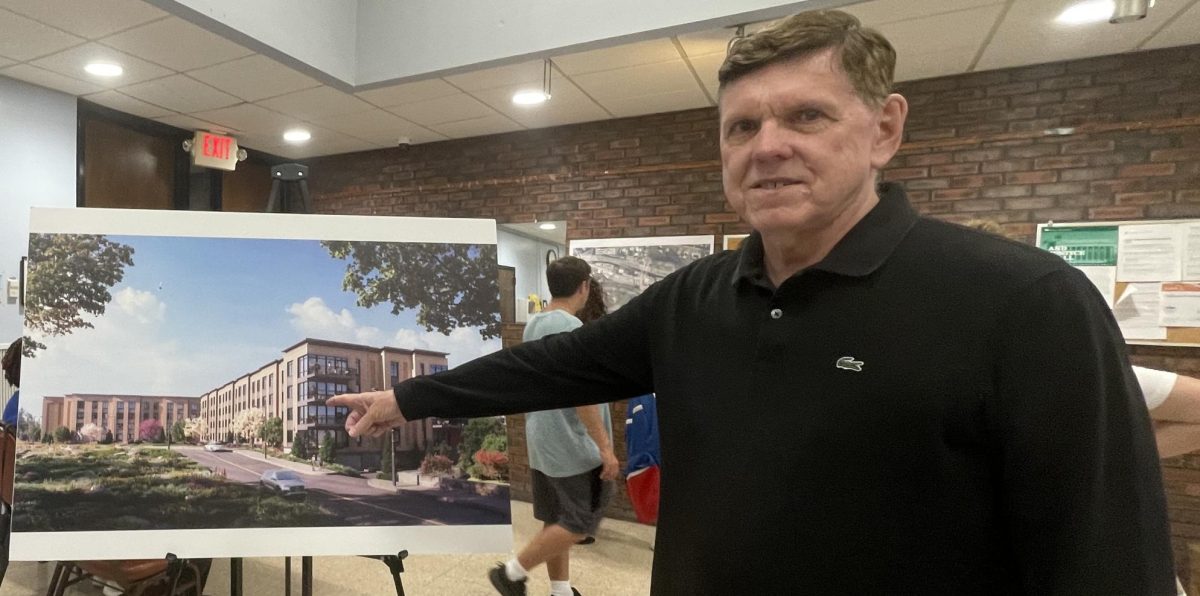
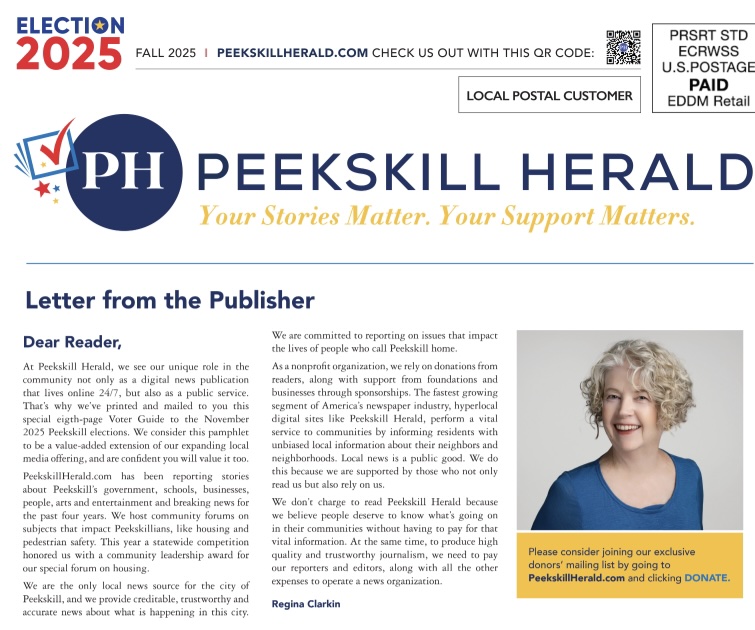
![Peekskill girls volleyball in action against Fox Lane on Oct. 16. (Peekskill City School District]](https://peekskillherald.com/wp-content/uploads/2025/10/Lead-photo-6-1200x640.jpg)
